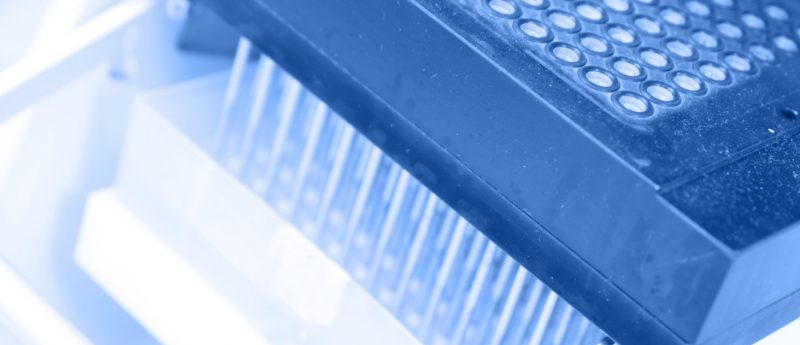Efficient Manufacturing of Therapeutic Mesenchymal Stromal Cells

Read specifics on how one of the nation’s leading research institutions addressed commercialization challenges in cell therapy.
The Baylor College of Medicine completed a study showing that automating the cell expansion process may increase the efficiency of manufacturing mesenchymal stromal cells (MSCs) relative to a flask-based process. Their findings were published in an August 2014 issue of Cytotherapy by the International Society for Cellular Therapy (ISCT) in an article titled, “Efficient manufacturing of therapeutic mesenchymal stromal cells with the use of the Quantum Cell Expansion System.”
The Baylor team found:
- The Quantum system was able to generate the target number of 2.0 × 108 cells in an average of nine fewer days and in half the number of passages required during flask-based expansion
- MSCs expanded in the Quantum bioreactor achieved higher cell numbers more rapidly than those expanded in flasks and had more cell doublings at the time of harvest
- There were fewer supplies to track and fewer manipulations to perform with the Quantum system compared with flask-based expansion
- The Quantum system would involve an estimated 133 open procedures versus an estimated 54,400 in flasks when manufacturing for a clinical trial
- MSCs expanded in the Quantum system met ISCT’s guidance for expression of CD73, CD90 and CD105 and lack of expression of hematopoietic lineage markers and HLA-DRMSCs
Reprints of the article, “Efficient manufacturing of therapeutic mesenchymal stromal cells with the use of the Quantum Cell Expansion System,” can be requested here from Terumo BCT.